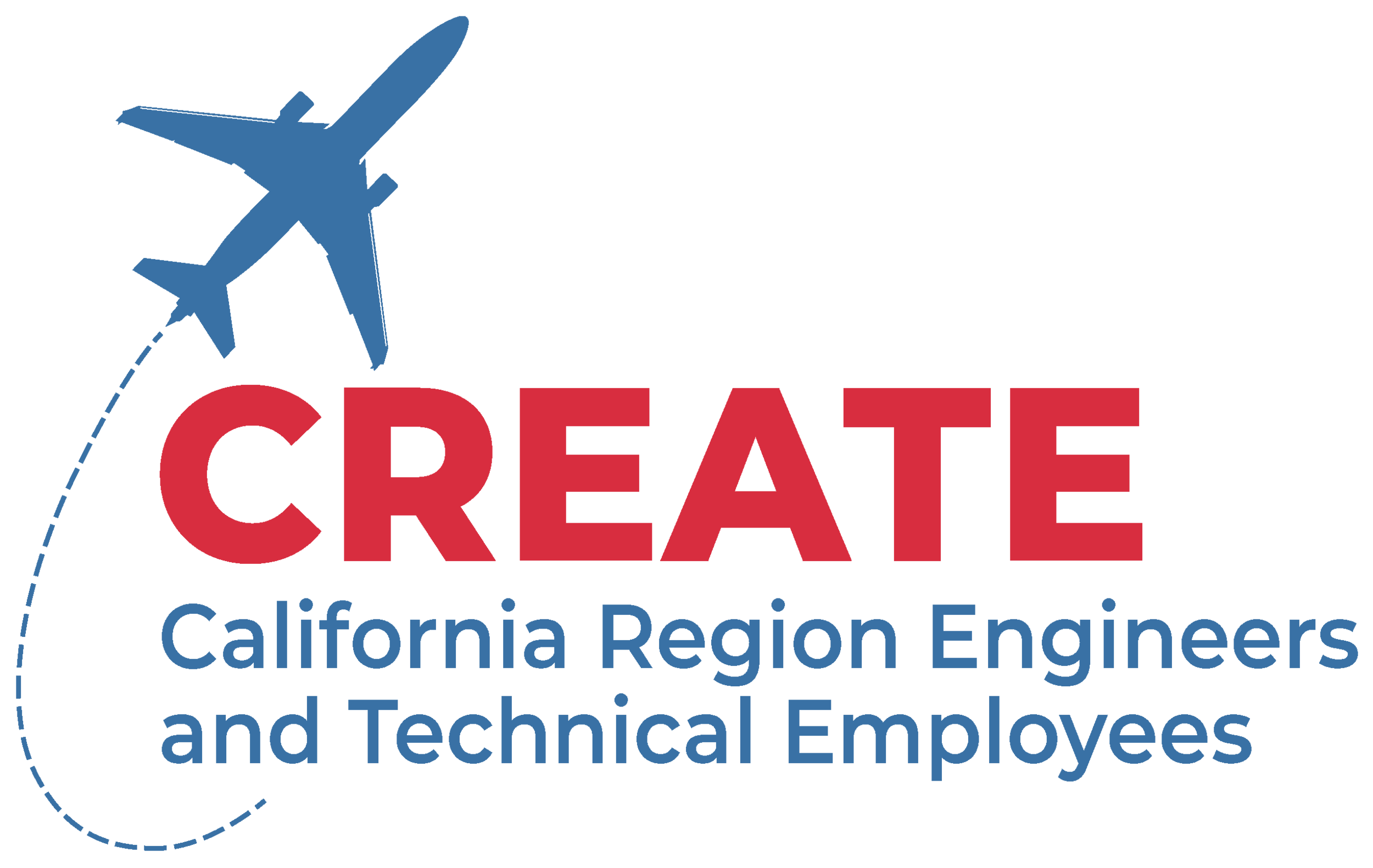Strikes
Will we have to strike?
Withholding labor and walking off the job is always a last resort for workers. The very rare need for employees to strike can always be traced to an employer taking some drastic action against its own workforce.
In SPEEA’s 73-year history, the only significant work stoppage occurred in 2000 after Boeing tried to drastically slash benefits, severely limit pay increases and take other actions against employees. Even after contract talks resulted in 99% of SPEEA members voting to reject the company’s initial contract offer along with voting to give their Negotiation Team the power to call a strike, SPEEA went back to the table and continued talking with the company for three months. Members then voted down a second contract offer. With Boeing still refusing to budge off its hardline stance, members realized walking off the job was the only way to stop the company from hurting its professional workforce.
|
|---|
“We, the SPEEA represented employees voted in 2000 to strike. This was a last resort and was our choice to make, given the lack of respect and takeaways that were proposed. As a union, we stuck together and won a much-improved contract, and also helped maintain standards for all aerospace employees.”
“I have been a SPEEA member 7 years and I’ve never been on strike. I’m able to raise issues and I have a vote during negotiations and know that we, the SPEEA members make every effort to avoid a strike.”


